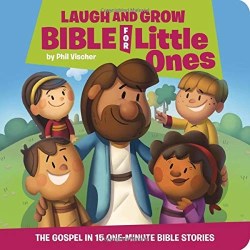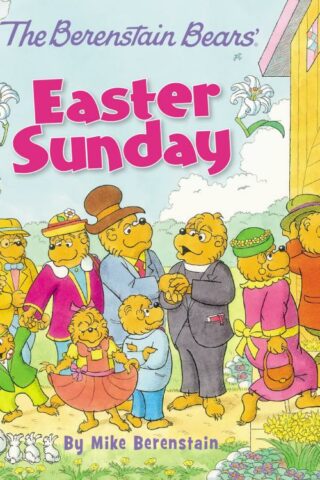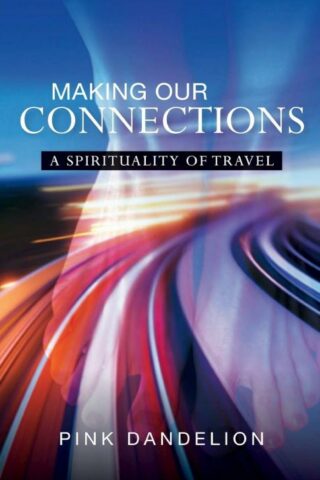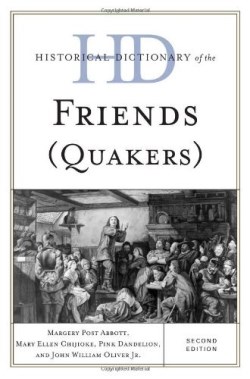Pink Dandelion
Showing all 2 resultsSorted by latest
-
Making Our Connections
$35.99Travel has always borne a cost and yet humanity has been persistently nomadic and movement and journeying have been reliable signifiers of spiritual obedience. As a race, we have been perpetually on the move, driven by need or by divine instruction or both. In the last two hundred years, more of us have had the option to travel, and travel as an unnecessary but somehow worthwhile pursuit became an exotic and romanticised luxury in the twentieth century. This is a book about how that romance of travel has become replaced by its commodification, a symbol of consumerism and a parade-society, a mode of societal dis-ease. It is a book about what has been lost in this process, particularly in terms of social and theological relations, and what could be gained by travelling less or travelling differently. Where does the tradition of spiritual journeying sit in relation to budget airlines and package holidays? Is it all part of holy travel, what Satish Kumar has called love miles, or is the journey now part of a purchase rather than providence? The author argues that there is a higher moral value to living locally and travelling little. Faith is best nurtured and community is best built in a less-travelled world and that our responsibility to the earth and to each other is to stay at home more and work in our neighbourhood. Enchantment (and obedience) is on our doorsteps if only we reclaim what it was we were originally seeking to find by leaving home: elsewhere can be literally around the corner, the divine in the everyday if only we stop to listen
Add to cartin stock within 3-5 days of online purchase
-
Historical Dictionary Of The Friends Quakers
$271.66The modern reputation of Friends in the United States and Europe is grounded in the relief work they have conducted in the presence and aftermath of war. Friends (also known as Quakers) have coordinated the feeding and evacuation of children from war zones around the world. They have helped displaced persons without regard to politics. They have engaged in the relief of suffering in places as far-flung as Ireland, France, Germany, Ethiopia, Egypt, China, and India. Their work was acknowledged with the award of the Nobel Peace Prize in 1947 to the American Friends Service Committee (AFSC) and the Friends Service Council of Great Britain. More often, however, Quakers live, worship, and work quietly, without seeking public attention for themselves. Now, the Friends are a truly worldwide body and are recognized by their Christ-centered message of integrity and simplicity, as well as their nonviolent stance and affirmation of the belief that all people-women as well as men-may be called to the ministry.
The expanded second edition of the Historical Dictionary of the Friends (Quakers) relates the history of the Friends through a chronology, an introductory essay, an extensive bibliography, and over 700 cross-referenced dictionary entries on concepts, significant figures, places, activities, and periods. This book is an excellent access point for scholars and students, who will find the overviews and sources for further research provided by this book to be enormously helpful.
Add to cartin stock within 3-5 days of online purchase












